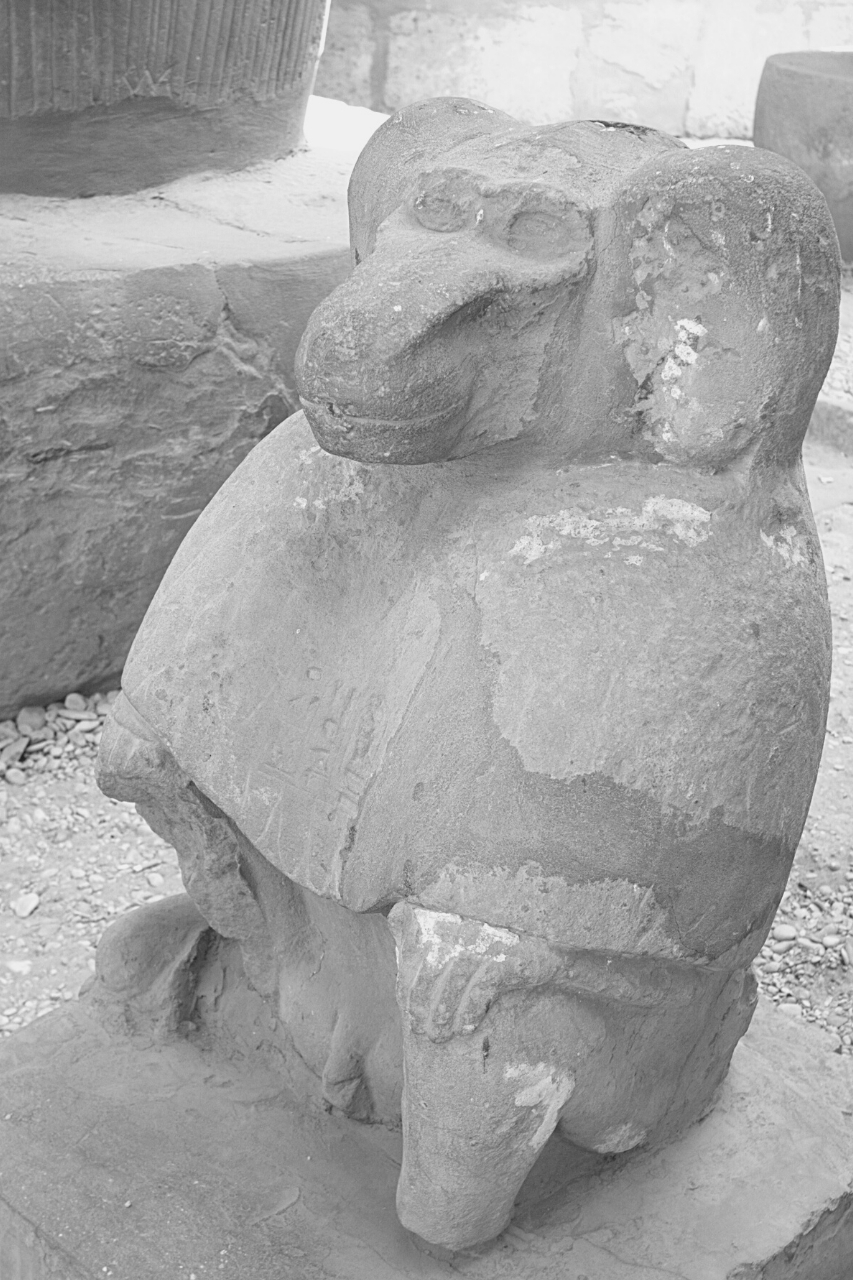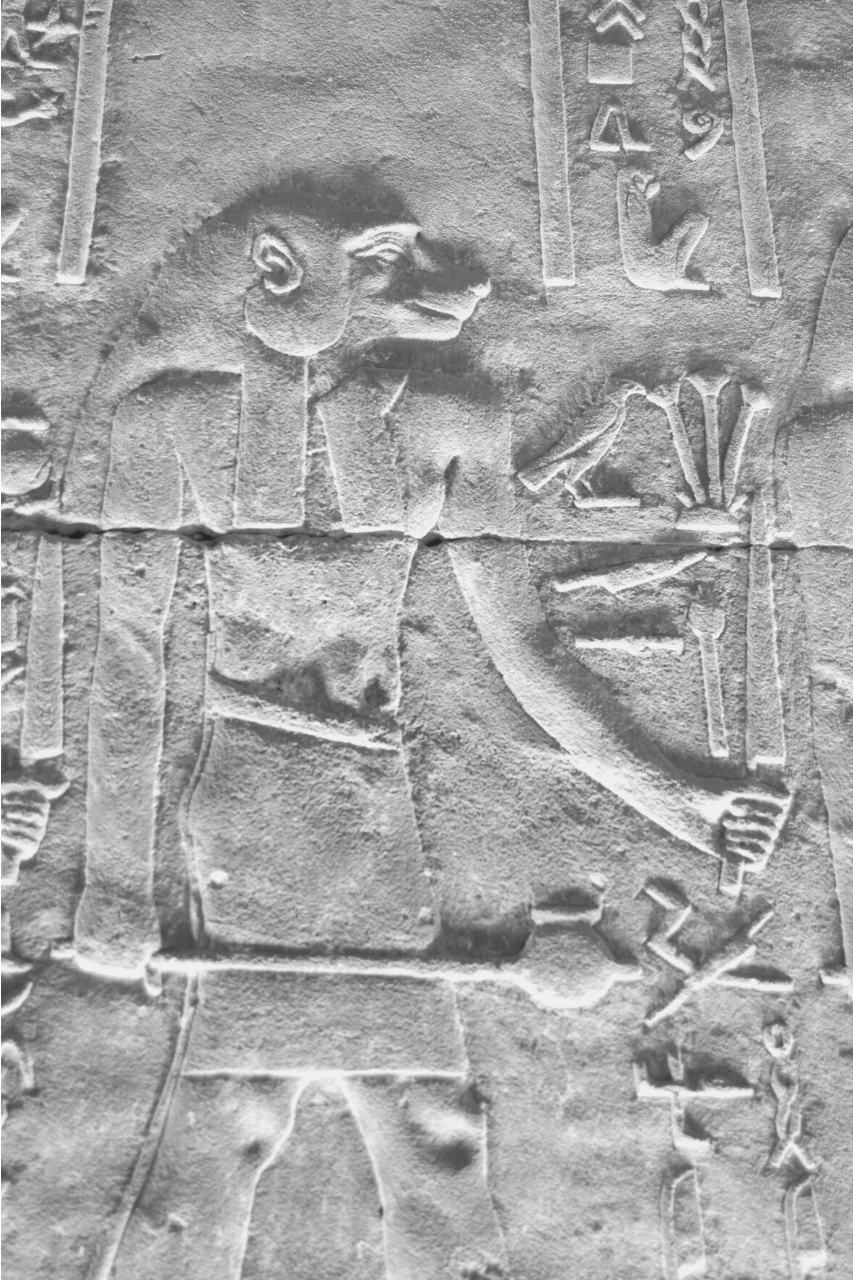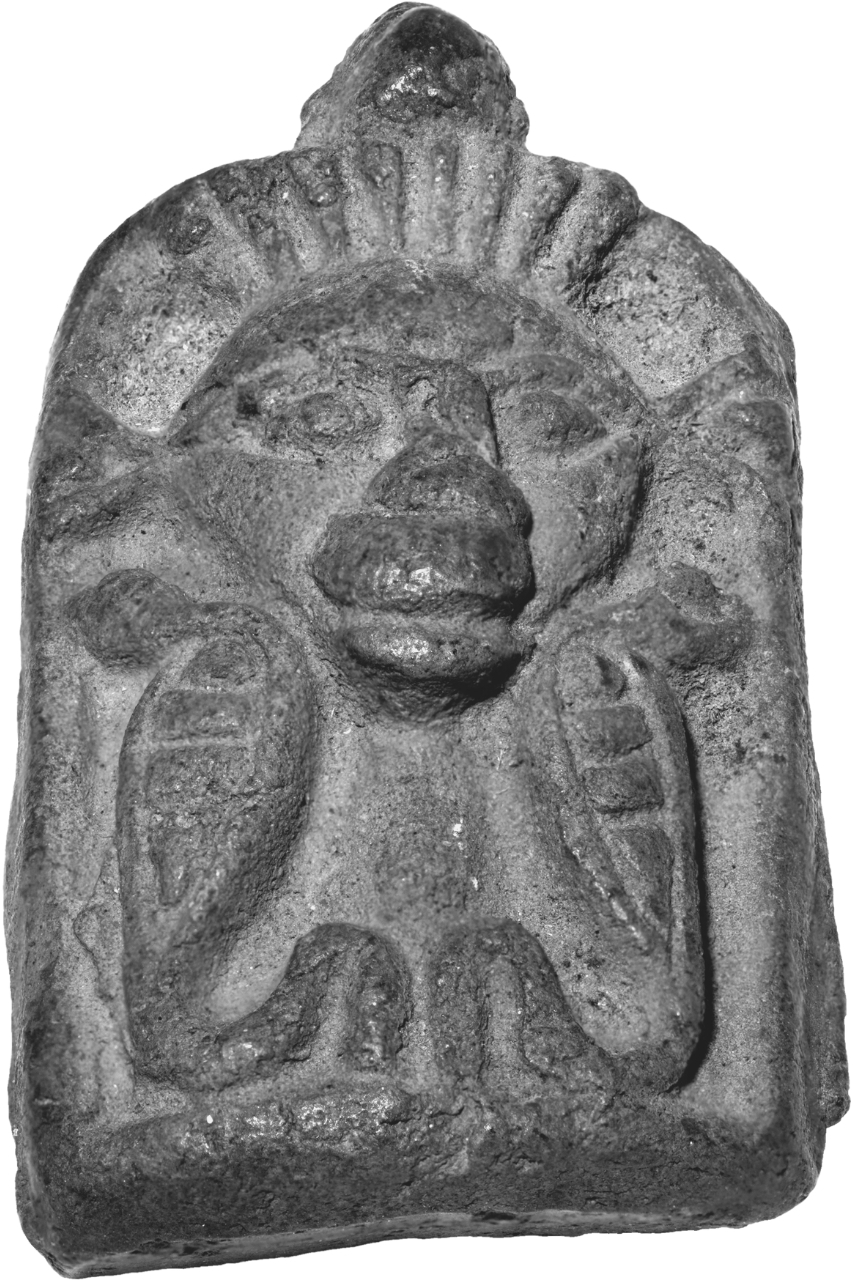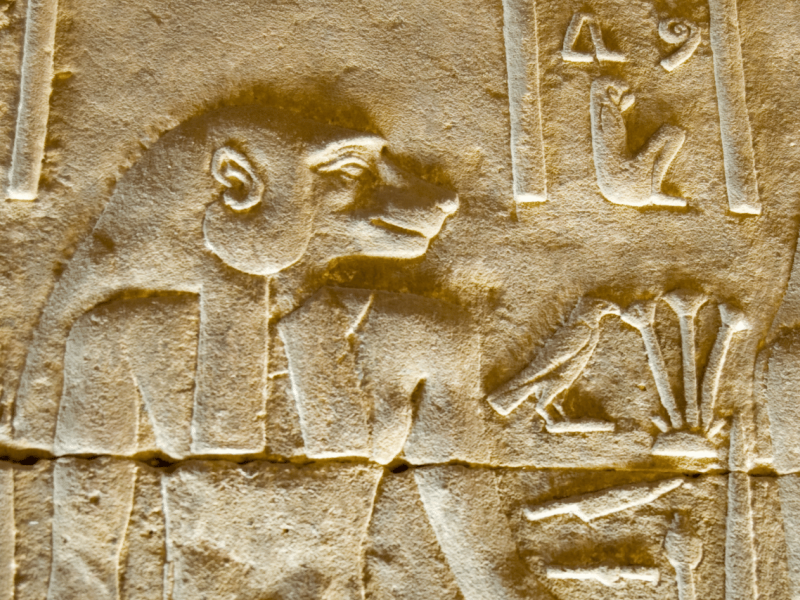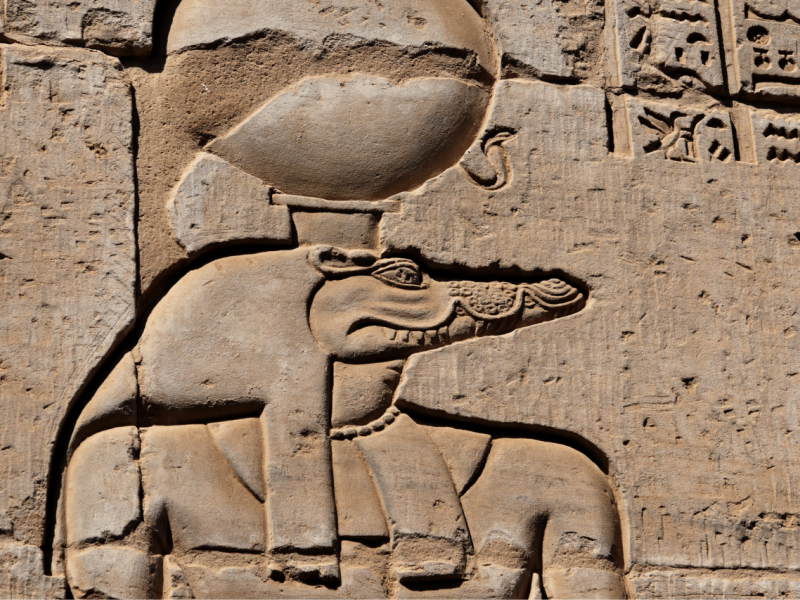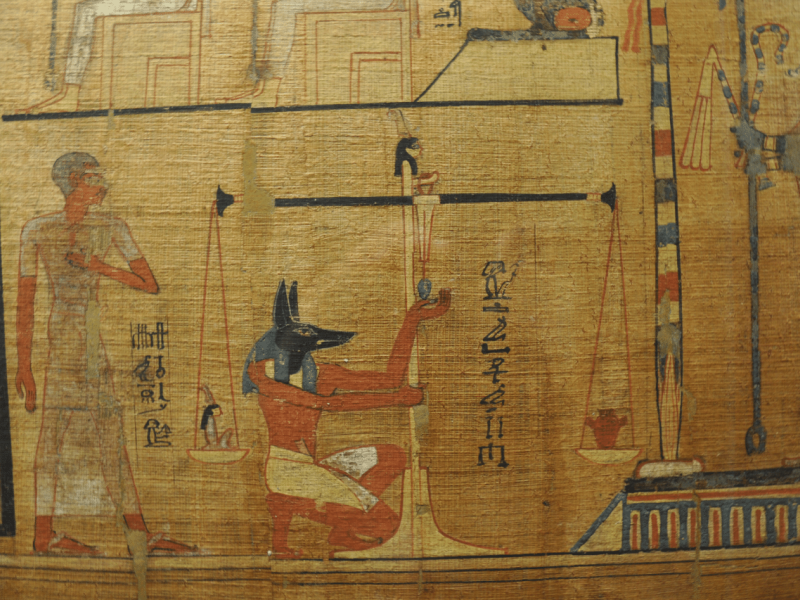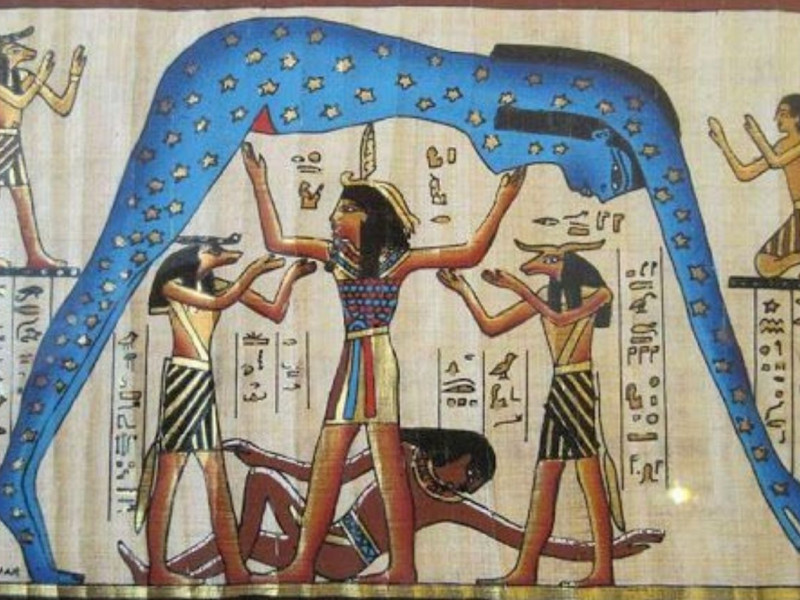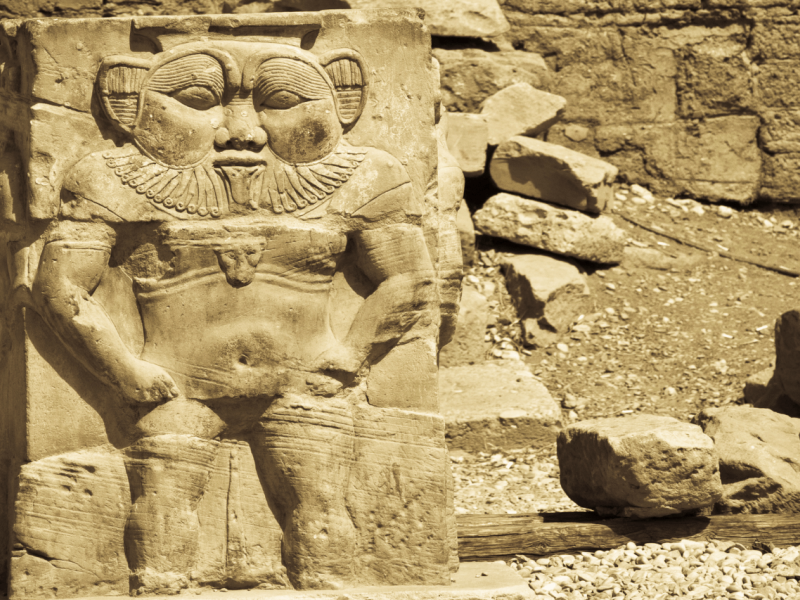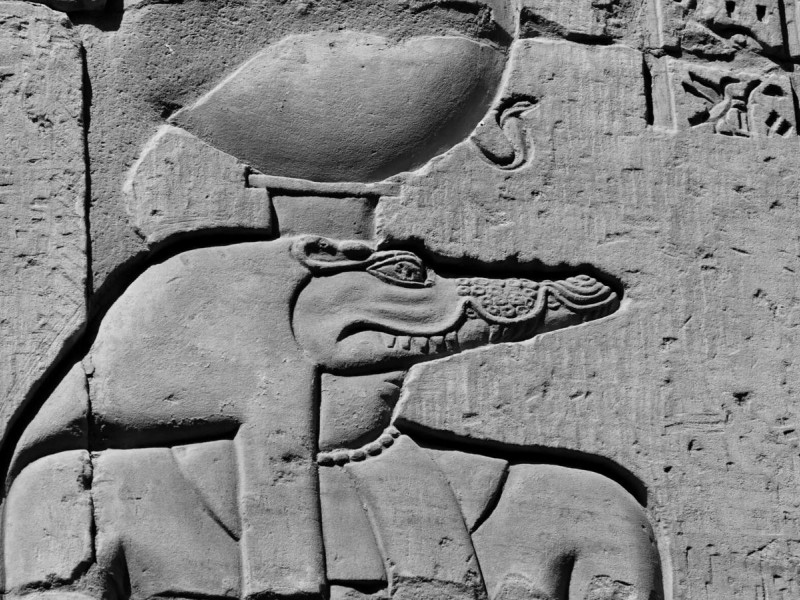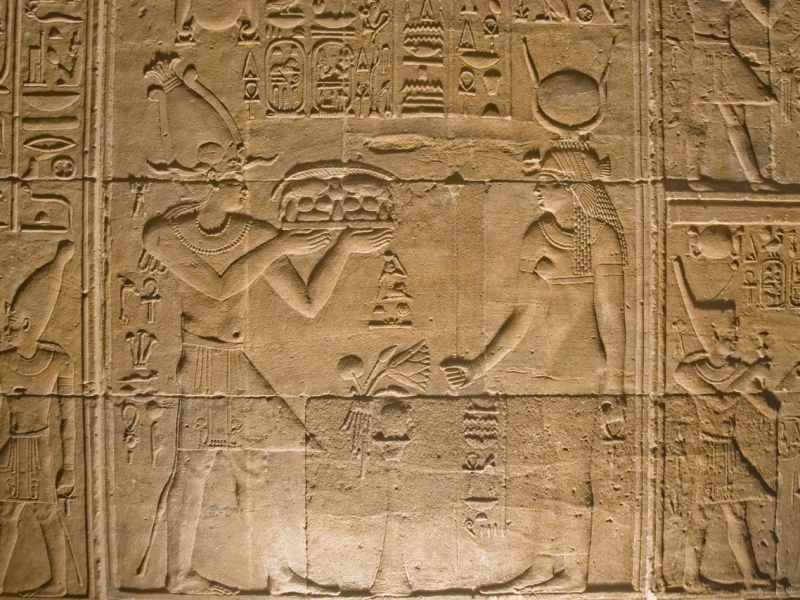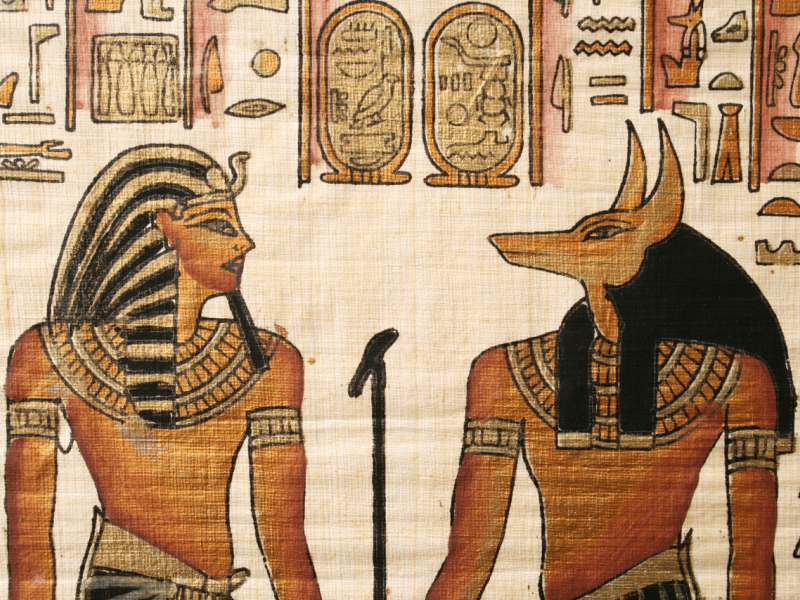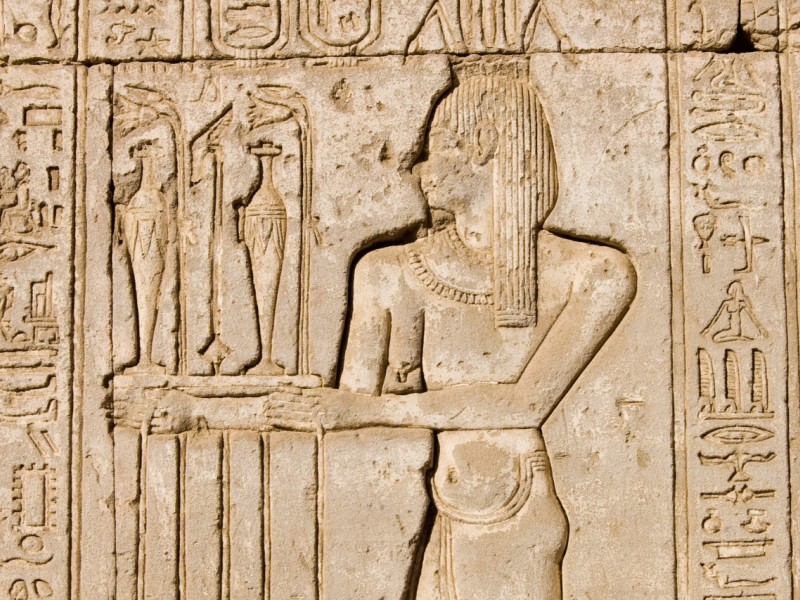Babi: The Myth of the Egyptian God of Underworld and Virility
Babi was one of the most prominent deities that people worshipped at the time of the ancient civilization of Egypt. He was the god of the underworld and virility of the dead.
The origins of this mythical monkey are very interesting and sure deserve a read. Here we explain the characteristics of the Egyptian God Babi and how people associate his worship to having healthy sex in the afterlife.
Who Is Babi in Egyptian Mythology?
The ancient Egyptian civilization had the most complex plethora of gods and goddesses. Among them is Babi, the legendary monkey god. Also known as Baba, this mythological monkey is famous for its devious nature and sexual markings. He was worshipped in the religious city of Al Ashmunin, where people paid him offerings and sacrifices.
He is thought to be the devourer of the unrighteous souls in the underworld. Ancient Egyptian people used magic rituals to keep the souls of the dead safe from entering the wrong gate in the afterlife.
Baboons in Ancient Egypt: A Deity
Egypt has extremely hot weather, so it has very peculiar wildlife. Among the species that inhabited Egypt is an astonishing species of monkeys: Hamadryas Baboon. These monkeys have a characteristic grey streak of hair on the top of their head. In ancient Egypt, baboons were thought of as sacred animals that had great powers.
They were worshipped throughout the region and people sacrificed their valuables to honor them. They thought that their sacrifices would save them from the evil on Earth and they would be granted a happier afterlife.
Other than that, people associated baboons with the dead. They believed that they were a reincarnation of their dead ones. According to the myth, the dead came back to Earth as baboons and could guide the living to differentiate between the good and the bad.
Why a Baboon God?
A common question is: Why, out of all the animals, the Egyptians chose baboons to be their god? Many different schools of thought tried to explain the special deference towards this animal. The most famous and original explanation is given by Suzanne Harvey, from the University of California.
She explains that baboons resemble humans in many ways. They wake up in the morning and, like other primates, stretch their bodies and produce vocalizations. Also, they have high libidos.
According to her, the answer is also connected to the Egyptian vision of the world. When Baboons stretched and uttered noises in the morning, people believed that they did it to appease the sun god: Amun Ra, the ultimate sacred and celestial god in Egyptian religion.
According to ancient Egyptians, the strange noise baboons make is the language of Gods and a way of talking to Ra. So, whoever understood them could talk to the sun god.
Babi: The Egyptian Monkey God
The word Babi roughly translates to “the chief of baboons”, and usually indicates the male alpha of the group. This monkey god is easily the most famous in Egyptian mythology.
Babi is said to be the eldest son of Osiris, the god of fertility, agriculture, life, death, resurrection, afterlife, and vegetation in the Egyptian religion. Osiris had a terrible fate. He was trapped by his jealous brother, Seth, and tossed in the River Nile based on sibling rivalry.
Conventionally, all around the world and since ancient times, people followed a god who positively had exemplary characteristics. A god who was a savior and brought goodwill to its people. However, in this case, things are a bit different, as Babi shows the signs of aggressivity and lust. Let’s see more about his personality in the following section.
Babi: The Deity of the Underworld
In almost every religion, the concept of life after death exists in one form or another. Therefore, people are instructed to mend their ways accordingly. People will ultimately be judged after their deaths and sorted into hell or heaven based on their deeds.
In the Egyptian religion, this distribution is performed by the goddess of order, Ma’at. Her job is to examine one’s deeds and decide whether he or she is worthy of paradise or will be sent through the gates of hell.
The soul entering heaven will be rewarded an eternity of bliss. On the other extreme, for the souls entering hell the destiny is quite different: this is where the Egyptian god Babi comes into play.
Babi was known as the deity of the underworld. The underworld is the place of the hereafter for evil people. The role of Babi was that of devouring the souls of the unrighteous people sent there. He is said to stand by the river of fire and wait for the unrighteous to enter. This was his main god-like characteristic.
In other words, Babi was a bloodthirsty, vicious God of the underworld, who lived on the entrails of men. But his story does not end here. The second part of his infamy is his characteristic of being the god of virility.
Babi: Protecting the Virility of the Dead
Baboons are known for their big sex drives and that is why the unforeseen association of baboon gods with virility makes sense. In almost every pictorial or statuary depiction of the Egyptian monkey god, it is given a fully erect male genitalia. This symbolizes his libido and power over granting the dead a fully active sexual life after death.
In some places, people used to believe that his penis was used as a mast for the ferryboat that carried the unrighteous people into the underworld. However weird this may sound, it is what the ancient Egyptian people wholeheartedly believed in.
Other than virility in the afterlife, the evil lord of the underworld is known to have power over the turbulent seas and snakes. Many historians relate Babi to his uncle Seth, as they look very similar in their devious attributes.
Worshippers of Babi
Babi was worshipped widely in the whole of Egypt but most prominently in Hermopolis or commonly known as Al Ashmunin. This provincial capital in the Old Kingdom of Egypt was the religious hub of many different Gods. The principal among them was Babi.
Apart from asking for an active sexual afterlife, people worshipped him to save themselves from the atrocities of hell. Extravagant rituals and offerings were performed to satisfy this Egyptian Baboon God, in the hope of an eternity of salvation and bliss.
Some people used spells and magic to save themselves from Babi. The souls could perform these rituals when they finally reach the Hall of Two Truths, after death, where their ultimate fate will be decided. In that case, Babi would not come to take them to the side of evildoers.
Symbols of Babi
Babi is said to symbolize the evil side of men. He most famously symbolizes:
Violence
Wildness
High Libido
Bloodlust
One may think that how a creature of such devious attributes was worshipped as a god. This tells us a lot about the nature of the ancient Egyptian people, believing that even the most devious parts of a human being were worthy of consideration, deference and respect.
Thoth: The Descendant of Babi
The people of Egypt believe that the creature who taught them to read, write, and speak was a descendant of Babi. He was known as Thoth. He was known to have the body of a human but the head of a baboon.
Thoth was an eclectic deity: apart from being the god of the moon, people believed that he was the inventor of all knowledge and the patron of scribes. This is why he had the power and knowledge to teach the people.
The End of Babi
Babi was highly celebrated in the Old Kingdom of Egypt, up until the reign of Pharoah Akhenaten. Among many other things, the latter introduced monotheism and denounced the worship of any god but the sun god, Amun Ra. Eventually, the worship of Babi ended and this underworld deity was laid to rest forever.
The concept of worshipping many gods and objects gradually died in Egypt after the introduction of monotheism. Today, more than half the population of Egypt is Muslim and the rest are either Christians or Jews.
Conclusion
Now you know all the highlights of Babi’s myth and worship. To help you remember what you just read, here is a list of the main points covered in this article:
Babi was an ancient Egyptian baboon god.
As the God of the Underworld, he protected the Virility of the dead.
The highest-ranking god of the Egyptian people is the sun god, Ra, to whom baboons could talk, according to believers.
The god Babi was a devourer of the souls of the unrighteous people in the underworld.
Babi is the son of Osiris, the god of fertility, life, and death.
The god of order, Ma’at, judges and distributes the people into their afterlife homes.
The legend of Babi, the monkey god, is a key to understand the world of ancient Egyptians with their superstitions and beliefs.
